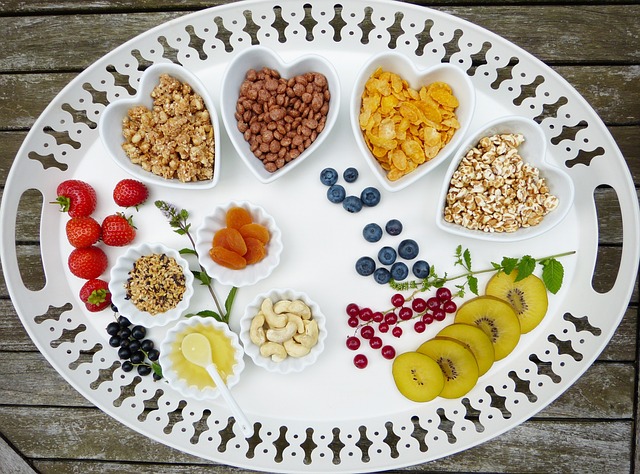The Gut-Brain Connection: How Probiotics Can Impact Your Mental Well-being
Welcome to our blog post on the fascinating topic of the gut-brain connection and its relationship with our mental
well-being. It may come as a surprise, but there is a complex connection between our gut health and our brain
health. Emerging research suggests that the trillions of bacteria residing in our gut, collectively known as the
gut microbiota, play a crucial role in shaping our mental health and overall well-being.
The Gut Microbiota: A Key Player in Mental Health
Our gut is home to a vast community of microorganisms, including bacteria, viruses, and fungi. They help break down
food, produce essential nutrients, and protect against harmful pathogens. Recent advances in scientific
understanding have revealed the importance of a diverse and balanced gut microbiota for maintaining both physical
and mental health.
Studies have shown that imbalances or disruptions in the gut microbiota, known as dysbiosis, can be associated
with various psychological disorders such as anxiety, depression, and even neurodevelopmental disorders like
autism spectrum disorder. The gut microbiota communicates bidirectionally with the brain through a complex
network of biochemical signaling pathways, including the gut-brain axis.
The Gut-Brain Axis: A Communication Superhighway
The gut-brain axis is a bidirectional communication system linking the central nervous system (CNS) with the
enteric nervous system (ENS), which is essentially a “second brain” found in the lining of the gastrointestinal
tract. This intricate system allows constant cross-talk between the gut and the brain via neural, hormonal, and
immunological pathways.
One fascinating way the gut-brain axis influences our mental health is through the production of various
neurotransmitters. Serotonin, often referred to as the “happy hormone,” is primarily produced in the digestive
system. In fact, about 90% of serotonin is synthesized in the gut. This neurotransmitter is vital for regulating
mood, sleep, and appetite.
Probiotics: The Good Gut Bacteria
Probiotics are live microorganisms that, when consumed in adequate amounts, provide health benefits to the host.
These beneficial bacteria can help restore and maintain a healthy balance of gut microbiota.
Research suggests that certain strains of probiotics have potential mental health benefits. For example, studies
have found that specific probiotic strains, such as Lactobacillus and Bifidobacterium, can help reduce symptoms of
anxiety and depression. Probiotics can also help modulate the stress response and improve overall cognitive
function.
Nurturing Your Gut Microbiota for Optimal Mental Health
Now that we understand the importance of a healthy gut microbiota, let’s explore some ways to nurture and support
it:
- Consume a balanced diet: A diet rich in fiber, fruits, vegetables, and fermented foods like
yogurt and kimchi provides essential nutrients and promotes a diverse gut microbiota. - Avoid excessive antibiotic use: While antibiotics are necessary in certain situations, overuse
can disrupt the balance of gut bacteria. Always follow your healthcare provider’s instructions. - Consider probiotic supplements: Probiotic supplements can help replenish beneficial bacteria
in the gut. Speak to your healthcare provider to find the right one for you. - Manage stress: Chronic stress can negatively impact your gut microbiota. Incorporate stress
management techniques like exercise, meditation, and deep breathing into your routine. - Get enough







